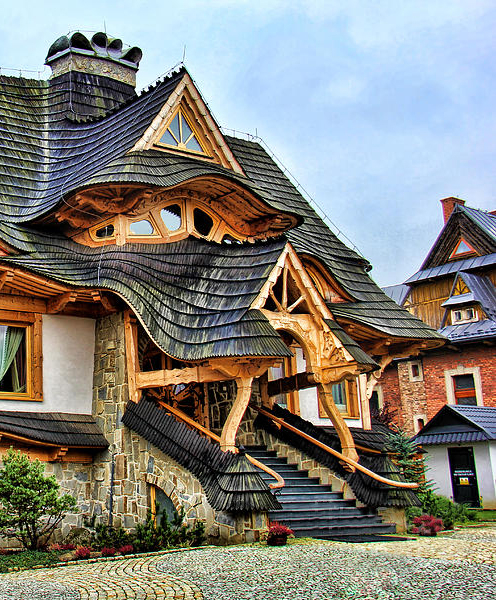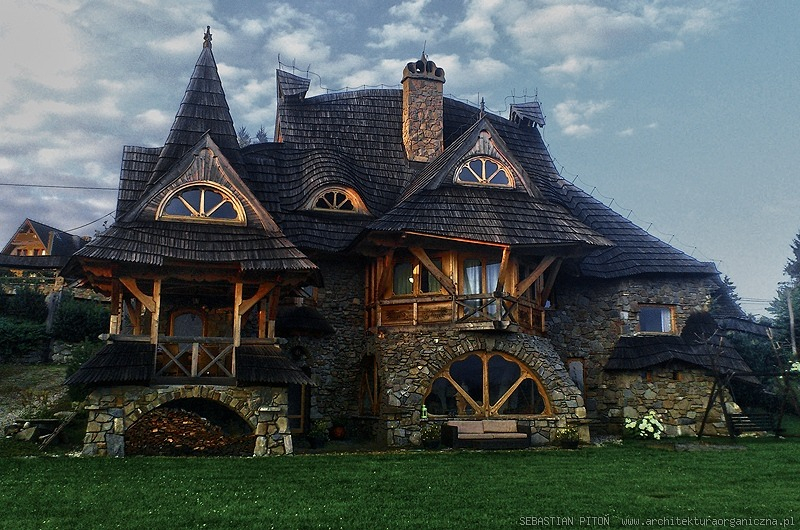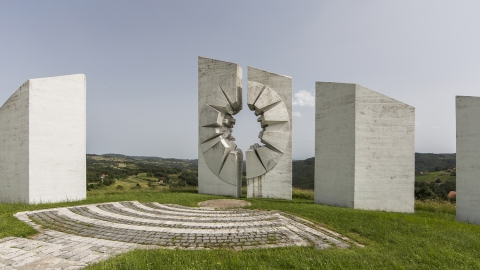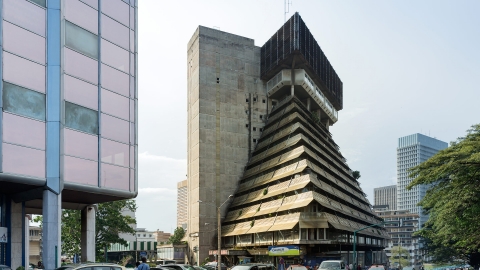Zakopianist architecture (also known as Witkiewicz style) emerged in 1890 and was initiated by the Lithuanian architect Stanislaw Witkiewicz. This architectural style is named after the town of Zakopane, located at the foot of the Tatra Mountains, known as the "winter capital" of Poland. Zakopianist art is most clearly seen in architecture, but it is also present in interior design and home decorations.
From a very young age, Sebastian Piton began working as a woodworker alongside his grandfather and uncle, both of whom were skilled carpenters. Inheriting his family's legacy and years of experience, Sebastian built a house that looks like something out of a European fairy tale, inspired by the more than 1000-year-old cultural heritage of the Polish highlands and Zakopianski architecture.
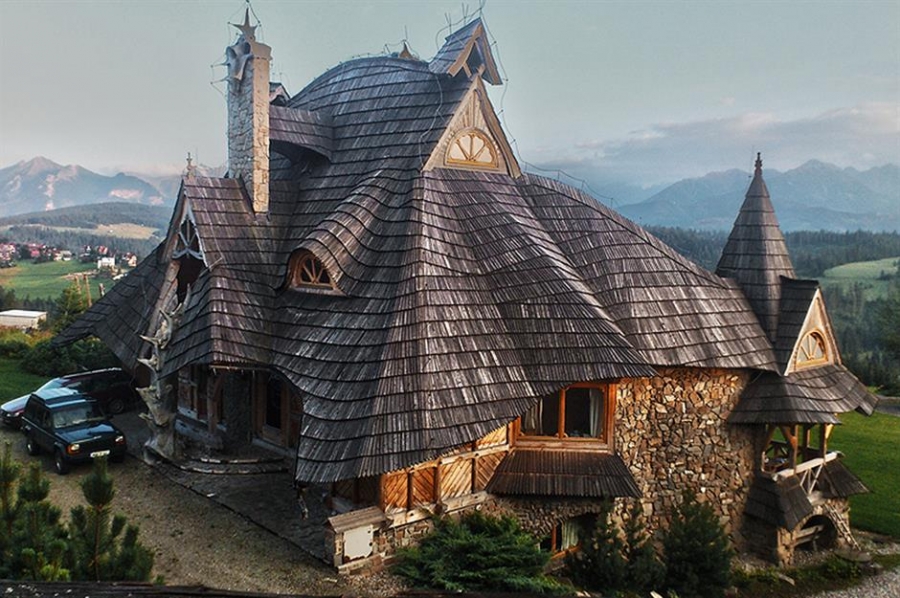
Like other works of Zakopianski architecture, Sebastian's house was built entirely of wood without the use of nails. Decorative elements such as the staircase and shutters were all carved, and the roof always had a certain slope.
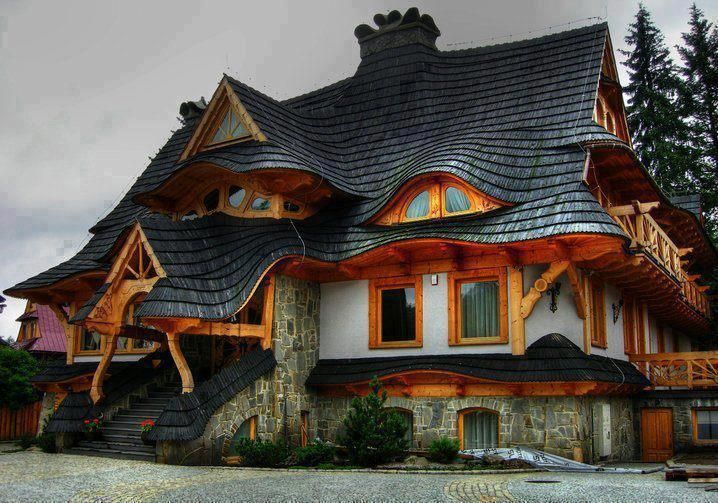
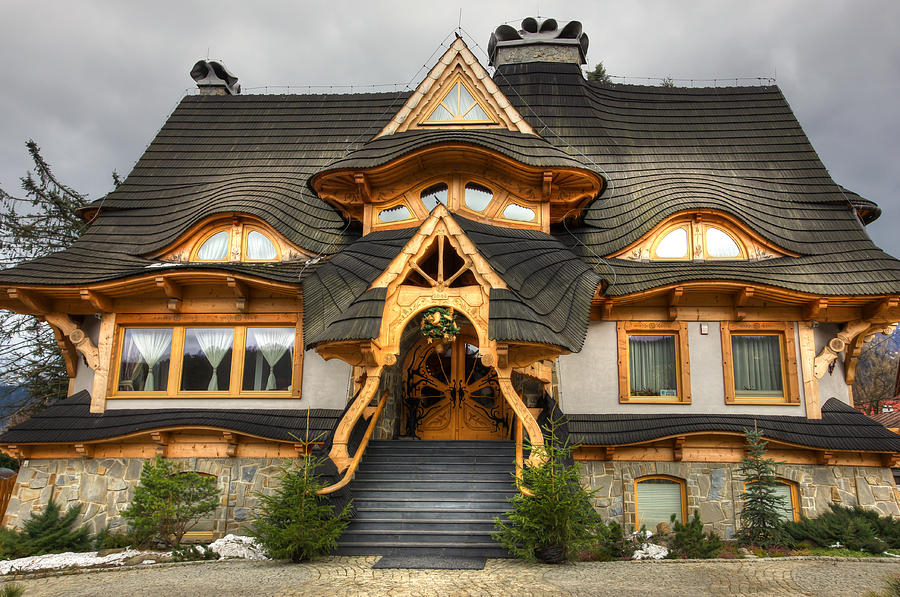
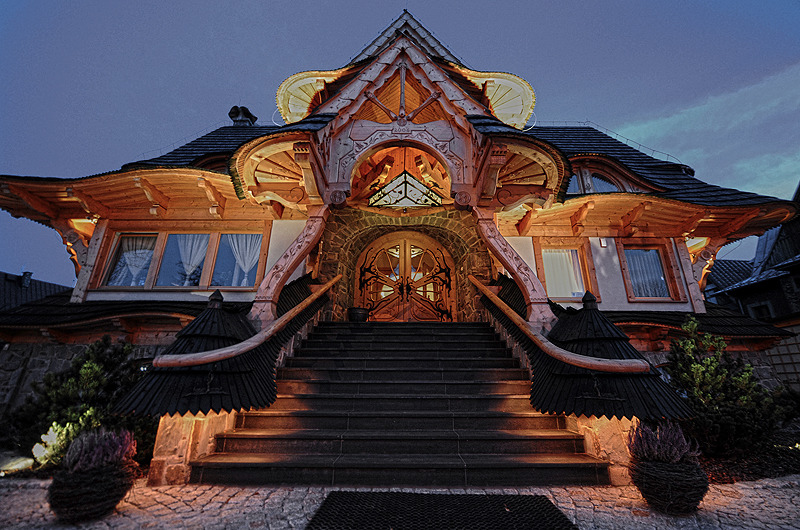
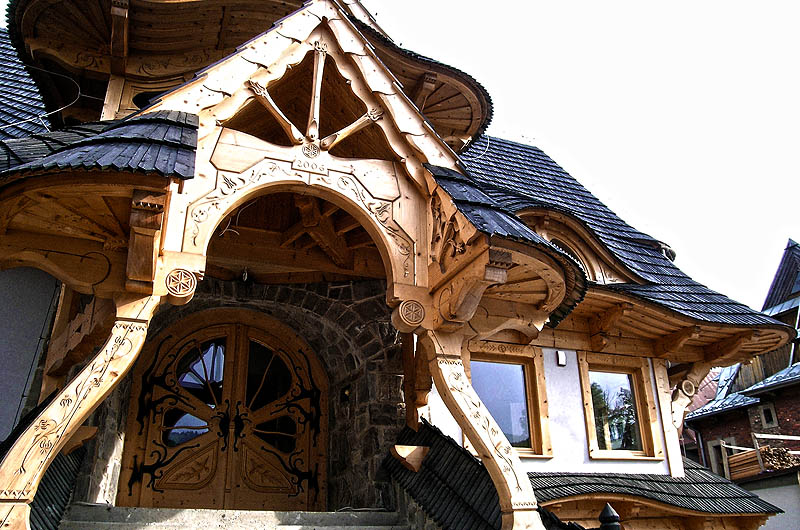
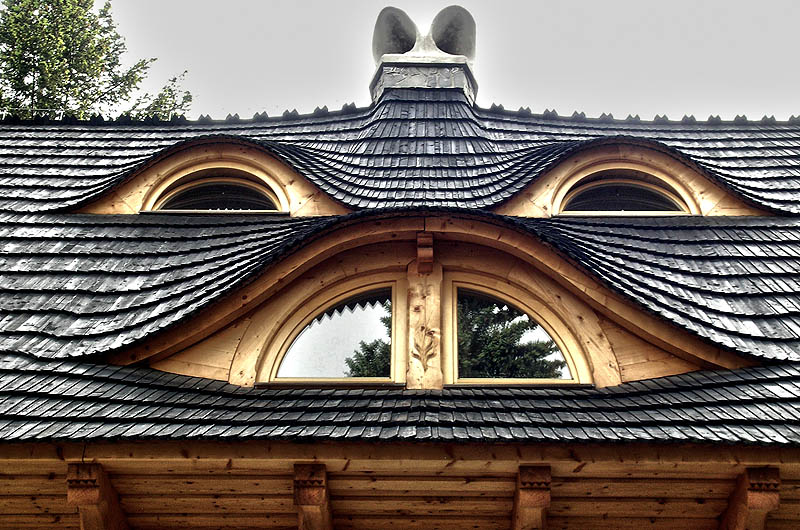
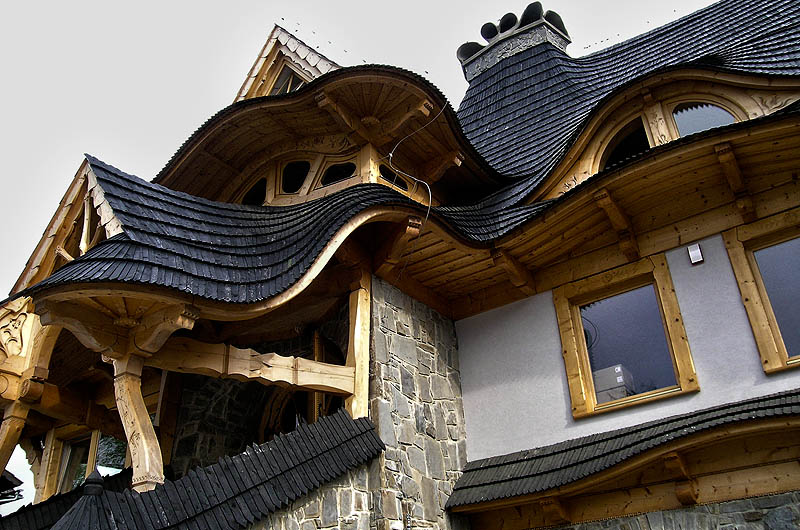
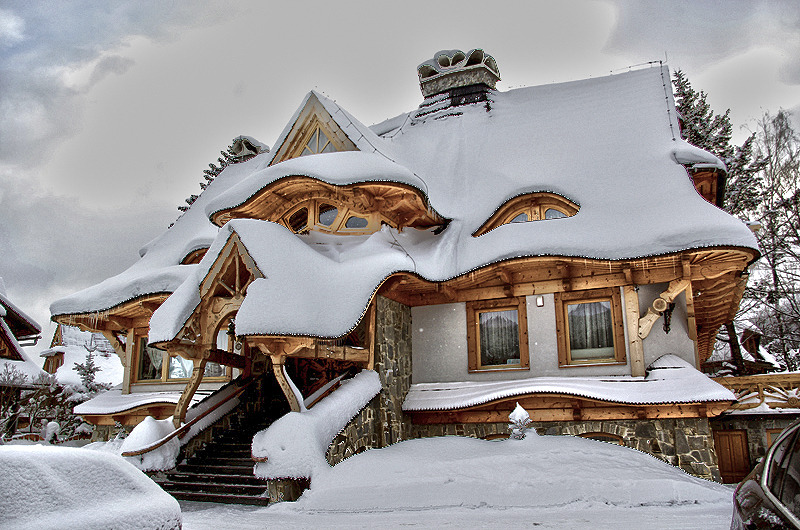
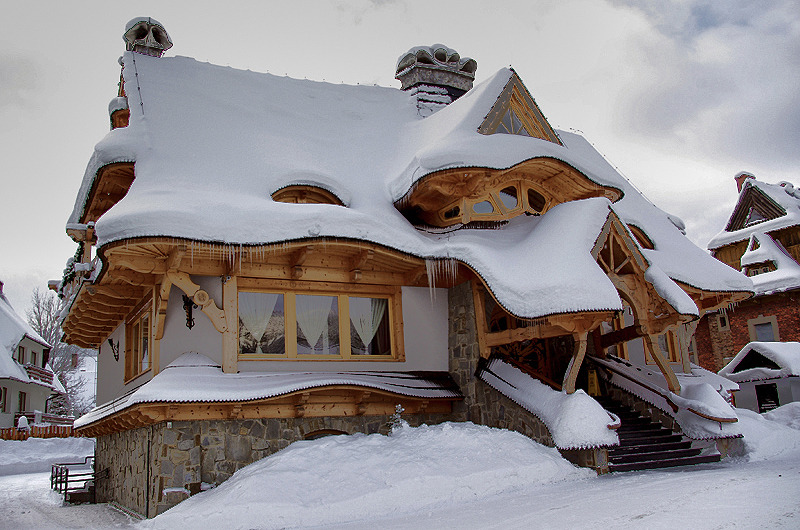
Many people often say that architecture in Poland is chaotic, with buildings constructed haphazardly, crudely, conservatively, and lacking originality. But with the presence of Sebastian Piton and other contemporary architects, is that true?
In an interview with Fachowy Dekarz & Cieśla, a Polish architecture publication, Sebastian shared his unique style: "During my studies, I admired and was inspired by the soft lines on the roofs, balconies, and fairy-tale chimneys in the works of the Catalan architect Antoni Gaudí. I believe that architecture reached its peak in ancient times. Nowadays, buildings are constructed primarily focused on practicality. They lack harmony, beauty, or the ability to evoke a rich imagination. The entire development of architecture, spanning thousands of years, has been denied and abandoned. And now people crave beautiful architecture. This is evidenced by the fact that people want to visit ancient areas and admire ancient buildings, rather than modern office buildings."
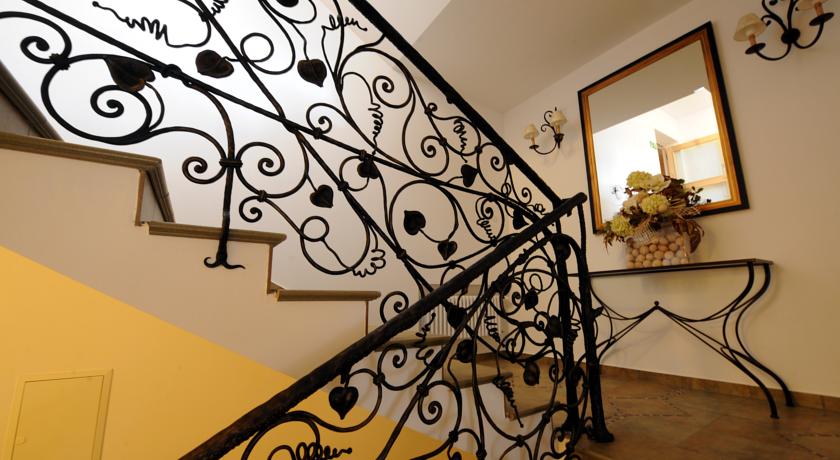
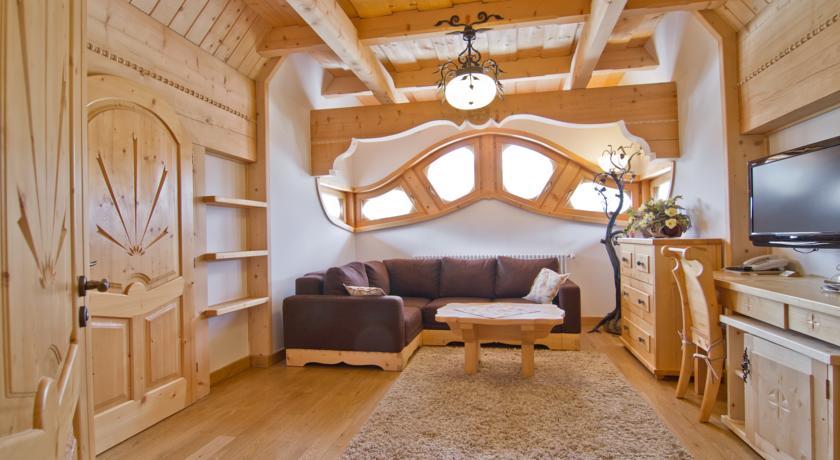
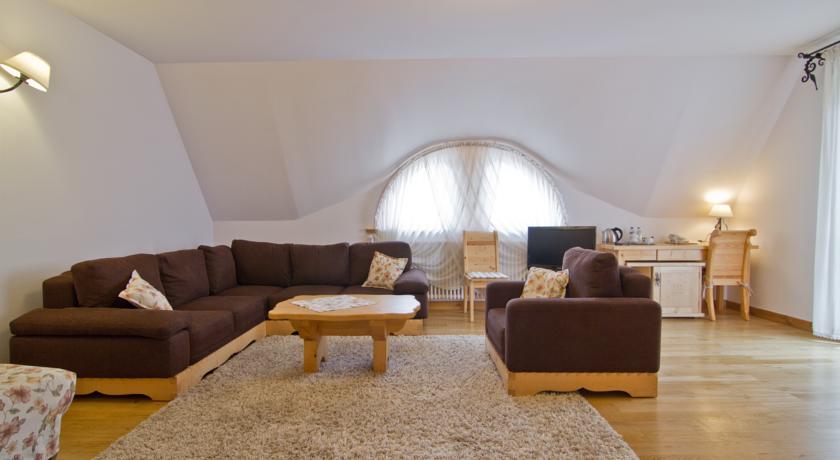
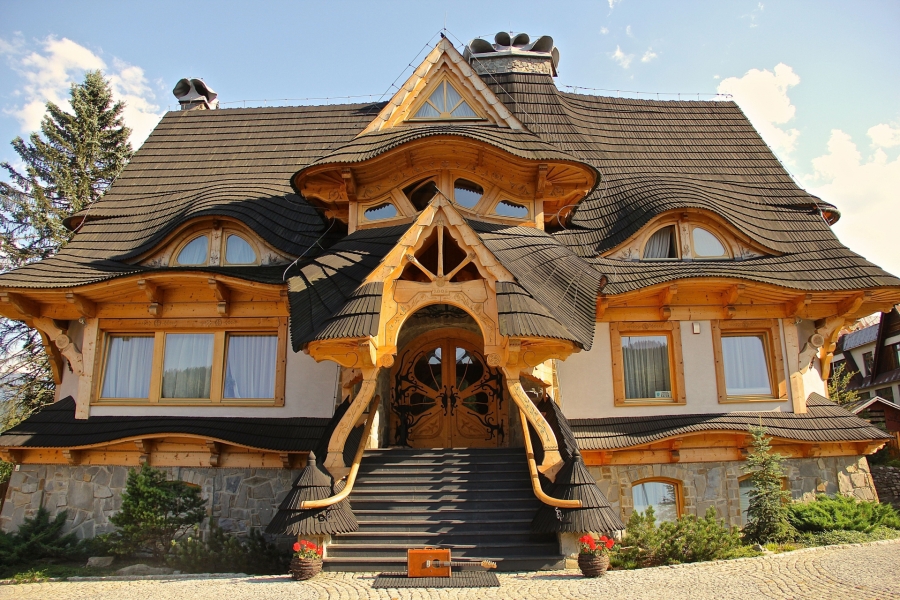
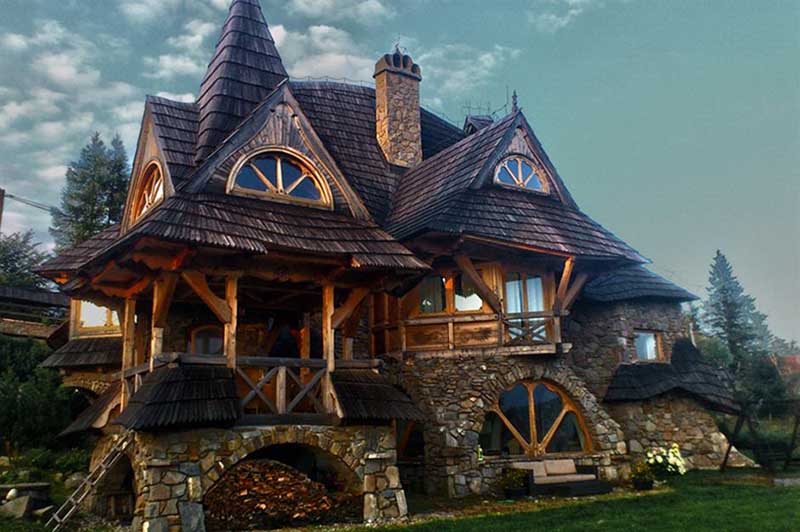

 VI
VI EN
EN



